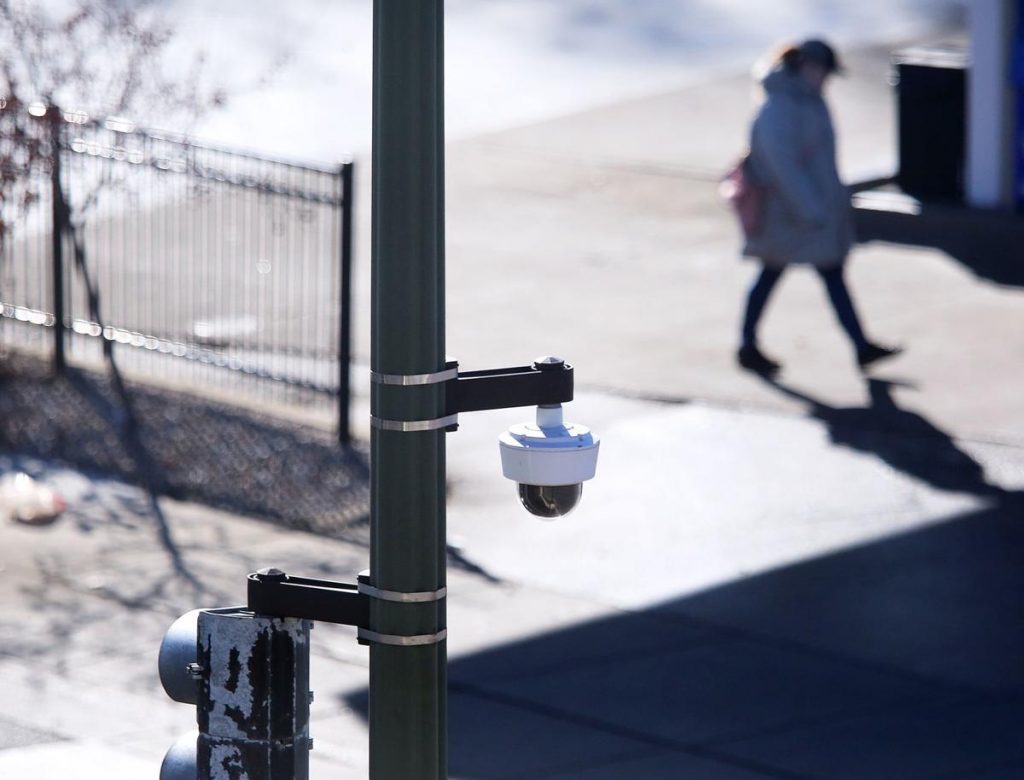Invisibility cloak hides wearer from biometric cameras and exposes security loopholes
Move over, Harry Potter: students at Wuhan University in China have won an award for developing a virtual invisibility cloak, which conceals anyone wearing it from artificial intelligence (AI) security cameras.
Vice World News reports that the coat — which is formally called the InvisDefense Coat, and won first prize at the inaugural Huawei Cup cybersecurity innovation contest — thwarts AI both by day and night with novel biometric manipulation tactics. In daylight, the coat relies on something like a Disillusionment Charm, in that it appears to have a relatively inconspicuous camouflage pattern—which is, in fact, an algorithmically generated design that scrambles the all-seeing eye of the security camera. At night, meanwhile, the coat uses a technique closer to something from the Predator film franchise, using embedded thermal devices to make heat patterns that confuse infrared thermal scanners.
Wei Hui, a computer science student who helped designed the coat, said his team “spent a lot of energy preparing this product’s design and development” to make it effective in the wizarding war against human detection technology — which in China, often ventures into the dark arts of privacy infringement and government surveillance.
“Security cameras using AI technology are everywhere. They pervade our lives,” said Wei. “We designed this product to counter malicious detection, to protect people’s privacy and safety in certain circumstances.” When tested on campus security cameras, the coat reduced the accuracy of pedestrian detection by 57 per cent.
The Wuhan team intends to pursue more ambitious invisibility projects, such as making cars undetectable. But before you start thinking Batmobile or Invisible Jet, it is worth noting that Wei said the actual objective was to “stimulate the development of existing machine vision technology,” and to expose loopholes in the state’s surveillance system, so they can be addressed. In other words, to help make China’s already vast surveillance complex even stronger.
Meanwhile, Huawei, who sponsored the contest, has also faced criticism for its close ties to the Chinese government.
Critics can only hope that Wei and his team remember that with great power comes great responsibility — and that there is no Expelliarmus spell to disarm a state-run facial recognition surveillance system that claims to be capable of scanning the country’s 1.4 billion people in a single second.







